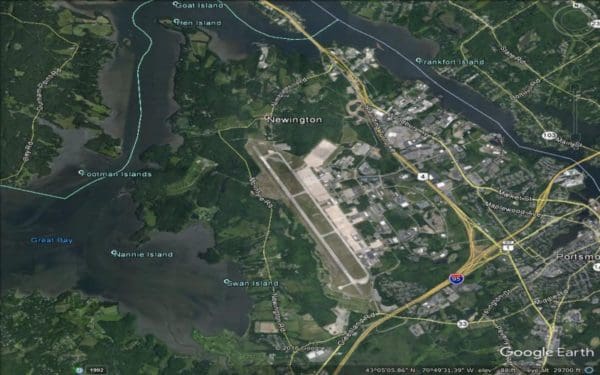States Stepping Up to Combat Toxic Forever Chemicals
Massachusetts regulated six dangerous PFAS chemicals. It’s a good start but, like its New England neighbors, more can be done to safeguard our drinking water.
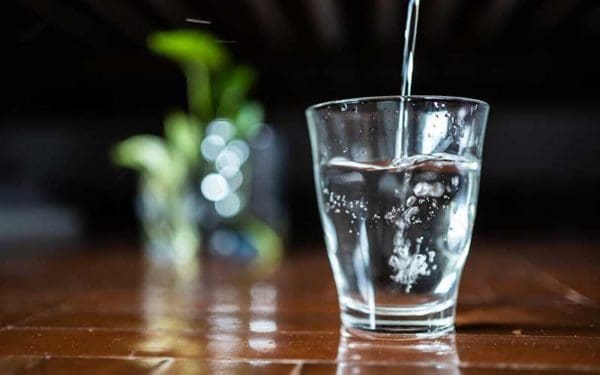
Massachusetts regulated six dangerous PFAS chemicals. It’s a good start but, like its New England neighbors, more can be done to safeguard our drinking water.

Every New Hampshire resident should be able to turn on their taps without wondering if the water is safe to drink. Yet a judge’s order to postpone testing of public water systems for dangerous chemicals is leaving residents in the dark about how best to keep themselves and their families safe.
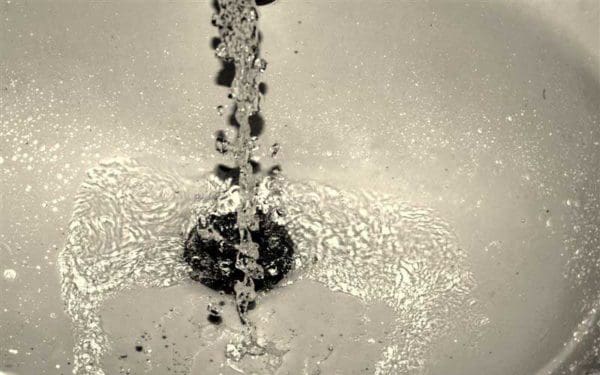
A bill currently under consideration by the Rhode Island General Assembly would force overdue action to address this public health threat.

In a move welcomed by advocates for safe and clean drinking water, Governor Janet Mills has established a task force to assess the scope of PFAS exposure and contamination in Maine.

Toxic chemicals threaten Rhode Island’s waters and the health of its residents. CLF is asking state regulators to take aggressive action to protect communities from PFAS contamination.

CLF and our partners are calling on state leaders across New England to step in to protect our drinking water – and our health – from dangerous chemicals.
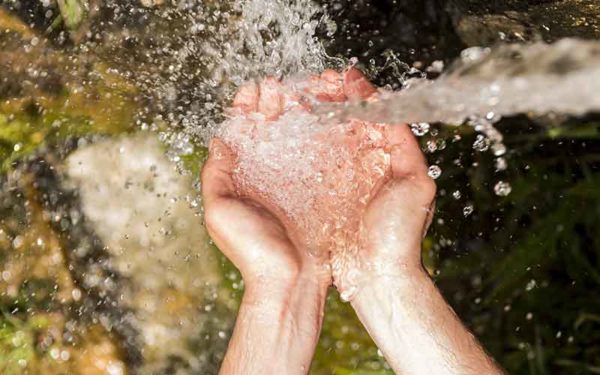
Vermonters can no longer take the safety of our drinking water for granted. In 2016, the widespread contamination of drinking water in Bennington County with toxic chemicals grabbed our attention and forced the question: exactly how safe is our drinking water?
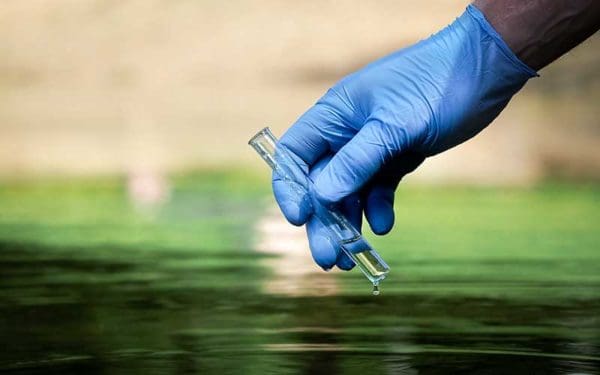
CLF has filed a lawsuit against the redeveloper of the site of the Pease Air Force Base in Portsmouth, New Hampshire, for violating the Clean Water Act. Pollution from the site is fouling local waterways, including the Great Bay estuary, with numerous pollutants, including toxic chemicals of growing concern. From Air Force Base to a… Continue reading CLF Sues the Pease Development Authority to Clean Up Toxic Stormwater Pollution
